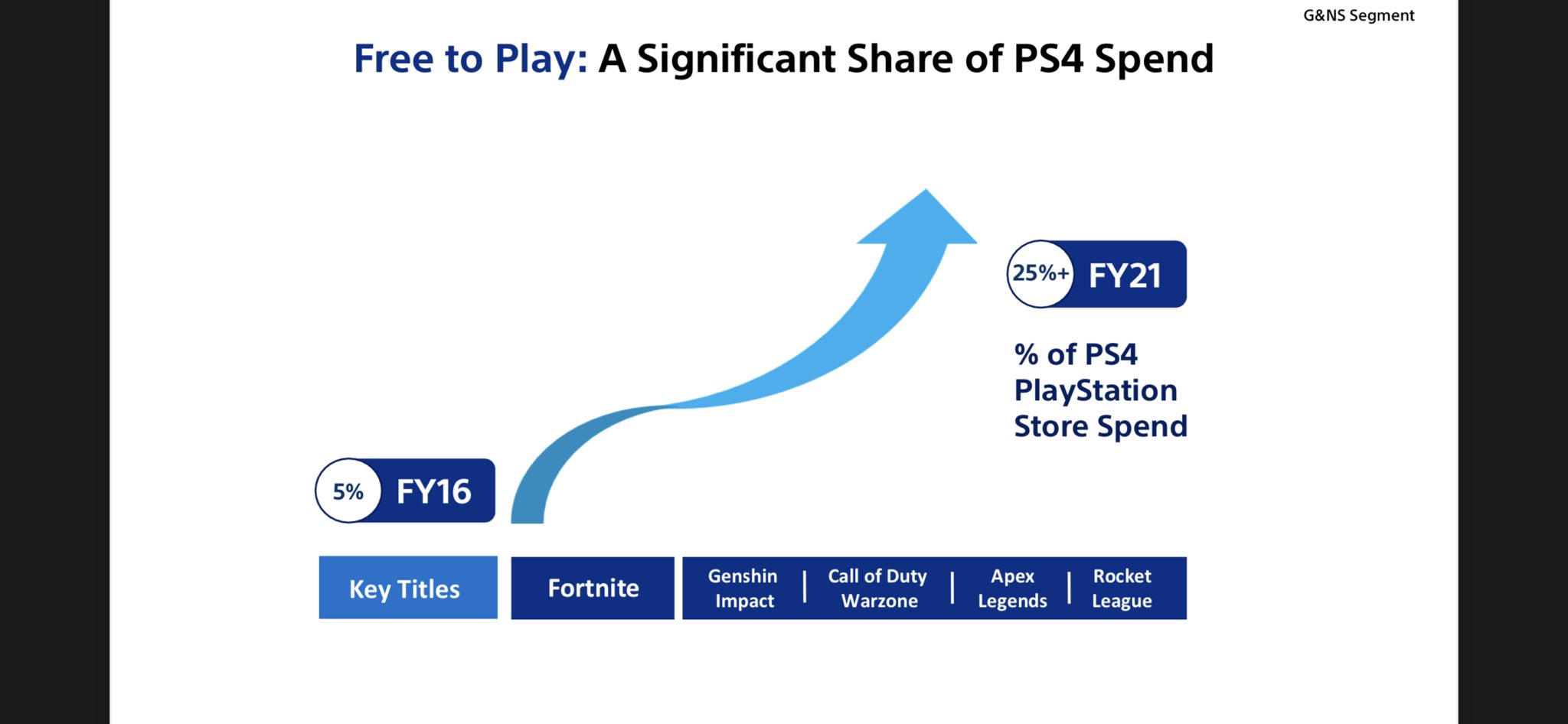- ARPDAUPosted 12 years ago
- What’s an impressive conversion rate? And other stats updatesPosted 12 years ago
- Your quick guide to metricsPosted 12 years ago
When is a games console not a games console? When it’s a mobile phone…
The launch of any new console is a cause for celebration and dread in equal measure: Celebration since any new, differentiated platform promises an opportunity for innovation and broadening the market. Dread… well, we all know the rogues gallery of platforms that failed to deliver on their manufacturer’s optimism, denting publisher volumes and in most cases, scuttling the manufacturer. To go and launch a new console into the spumy seas of today’s global consumer market might be considered by many as, at least, brave.Aufblasbare Folien Of course, with a different handset launched on average every few days, the mobile games industry rarely gets fired up about a new platform. Usually the heat just comes from frustration at further fragmentation… So it’s interesting that Qualcomm should have chosen yesterday’s GDC Mobile summit to announce Zeebo, a new platform targeted at emerging marketssumo wrestling suits for sale. Its not entirely surprising either. One of the guys backing the San Diego-based start-up Zeebo is Qualcomm’s games guru Mike Yuen, a widely-respected mobile games veteran who has long lauded mobile’s potential to offer console-like experiences and his company’s Brew ecosystem to deliver them. Well, it looks like he’s finally got his wish and then some – he’s just gone and gotten his own console.  Zeebo is an internet-enabled games console that plugs into your TV. But inside the sleek, white (and let’s be honest, Wii-inspired) interior, there’s basically a high end Brew mobile phone sans screen. By repackaging existing technologies and delivering to a different market, Qualcomm hopes it can bring its success in mobile to bear on the home consumer market. It’s a beautifully simple idea that ticks many of the boxes one might hope for from a new console launch. Developer ecosystem and catalogue at launch – check Because Zeebo is part of the BREW tool chain, there’s a whole load of BREW smart phone titles that with a bit of tweaking will perform very happily and all the big publishers – EA, Activision included – are already signed up. Low cost tech. – check Qualcomm pumps out chip sets in the many many millions – a bit of subsidised R&D and keeping the production lines running a little longer won’t hurt them too much. Competitive price – check The Zeebo will sell in Brazil for about $200 – 1/5 of the price of a next gen machine. And to address the threat of pirated games, Zeebo’s OTA offering will retail closer to the $10 pirate price rather than the $100 store next-gen game price. Internet connection – check Remember Zeebo is basically a phone, and will use a secure 3G sim card to make up for low fixed internet penetration. Rescue Squad sale
Zeebo is an internet-enabled games console that plugs into your TV. But inside the sleek, white (and let’s be honest, Wii-inspired) interior, there’s basically a high end Brew mobile phone sans screen. By repackaging existing technologies and delivering to a different market, Qualcomm hopes it can bring its success in mobile to bear on the home consumer market. It’s a beautifully simple idea that ticks many of the boxes one might hope for from a new console launch. Developer ecosystem and catalogue at launch – check Because Zeebo is part of the BREW tool chain, there’s a whole load of BREW smart phone titles that with a bit of tweaking will perform very happily and all the big publishers – EA, Activision included – are already signed up. Low cost tech. – check Qualcomm pumps out chip sets in the many many millions – a bit of subsidised R&D and keeping the production lines running a little longer won’t hurt them too much. Competitive price – check The Zeebo will sell in Brazil for about $200 – 1/5 of the price of a next gen machine. And to address the threat of pirated games, Zeebo’s OTA offering will retail closer to the $10 pirate price rather than the $100 store next-gen game price. Internet connection – check Remember Zeebo is basically a phone, and will use a secure 3G sim card to make up for low fixed internet penetration. Rescue Squad sale
Addressable base – check According to Goldman Sachs, there is an 800m strong emerging middle class in BRIC (that’s Brazil, Russia, India, China for those uninitiated to tiger economy acronyms) With a check list so liberally ticked, it all adds up to a compelling proposition on paper. And certainly if it works, it will diversify Qualcomm’s business in a very market-pleasing way, as well as give a useful shot in the arm to its mobile services in the face of the Cupertino Conqueror. The mainstream console manufacturers and publishers have thus far failed to exploit the opportunity outside the richer markets – $1,000 hardware and rampant piracy in low per capita GDP markets unsurprisingly fails to excite. But it will be interesting to see how and if they respond to this new competitor. Zeebo launches in Brazil next week – may the celebrants outnumber the dreadful.Aufblasbare Folien













